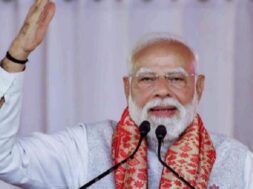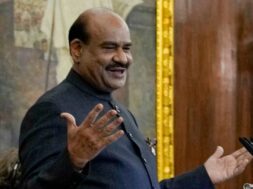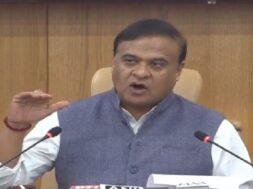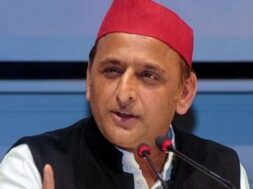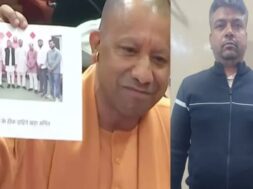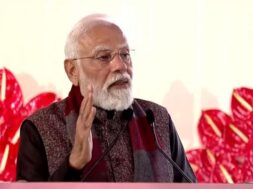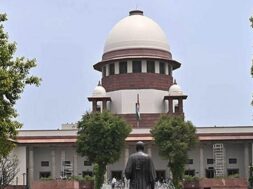
NEW DELHI, Feb 15: The Supreme Court on Monday issued notices to the Centre and Facebook-owned WhatsApp over the new privacy policy of the messaging app.
The bench headed by the chief justice S A Bobde has sought responses from the Government and the messaging app within four weeks on a fresh plea alleging lower standards of privacy for Indians in comparison to European users of the messaging app.
The bench was hearing an interim application filed by Karmanya Singh Sareen in a pending petition of 2017.
Acting on the petition seeking to restrain WhatsApp from implementing its new privacy policy in India, the top court observed that people have grave concerns about privacy and that the citizens’ privacy is more important than money.
The top court said that people have grave apprehensions that they will lose their privacy, and it is our duty to protect them.
The chief justice said Indians have “grave apprehensions” about privacy from Facebook and WhatsApp.
“People have grave apprehensions about loss of privacy. You may be a two or three trillion company, but people value their privacy more. It is our duty to protect people’s privacy. “We are telling you what we heard and read – People think that if A sends a WhatsApp message to B and B to C. The circuit of messages is revealed to Facebook,” the CJI addressed senior advocates Kapil Sibal and Arvind Datar, for the companies.
Both lawyers vehemently denied this as “misinformation.” Solicitor General Tushar Mehta appearing for the government stated, “This is an apprehension of the nation… Privacy is part of our fundamental rights. They [WhatsApp and Facebook] cannot compromise our privacy… They cannot differentiate.”
The hearing concerned the new privacy policy introduced by WhatsApp on January 4. The allegation is that it scraps users’ ‘opt-out policy’. The user would have to, according to the policy, compulsorily consent to share their data with Facebook and its group, the petitioners have alleged. The policy deadline was February 8 initially, but it was extended to May 15.
Sibal denied allegations that WhatsApp was treating Europeans and Indians differently. “Europe has a special law [General Data Protection Regulations], India doesn’t. As soon as India has the special law, we will follow. We will follow the law of Parliament,” he submitted. The new privacy policy was applicable to the rest of the world except Europe.
Datar said the General Data Protection Regulations was followed by probably 20 countries in the world. Allegations of differential treatment being accorded to Indians were unfounded.
(Manas Dasgupta)

